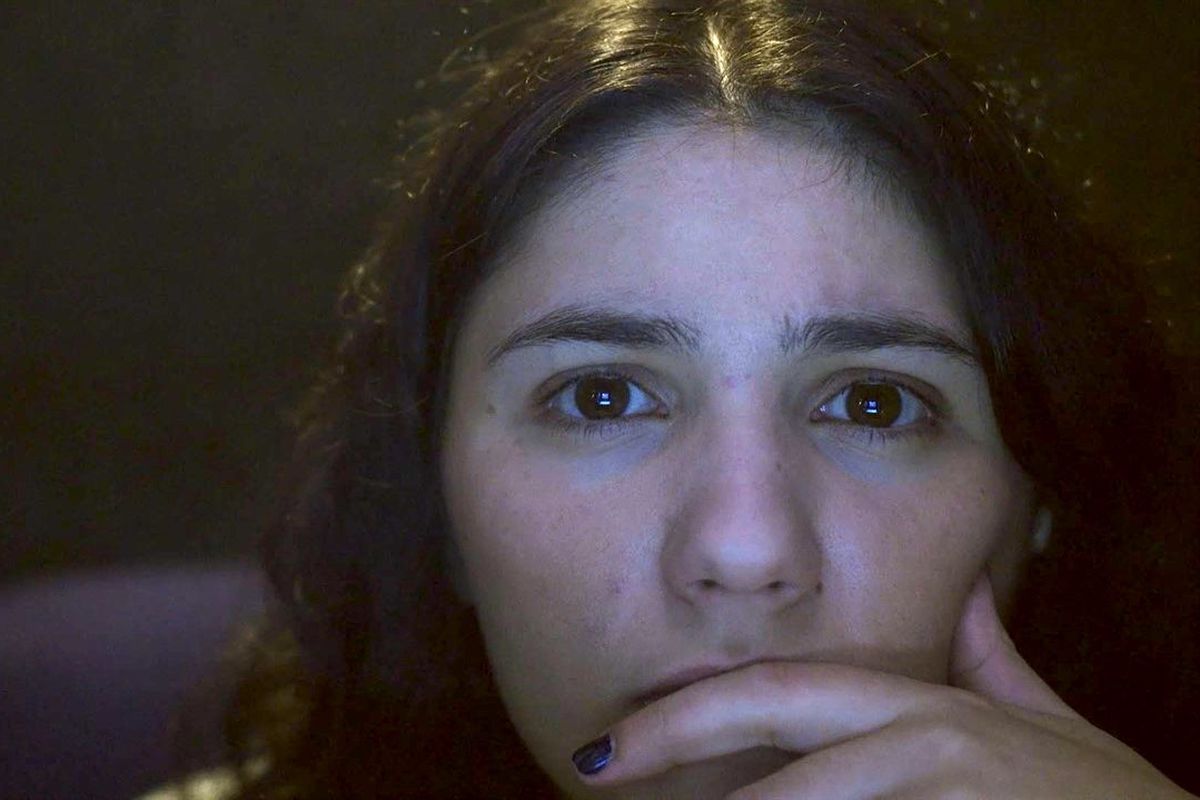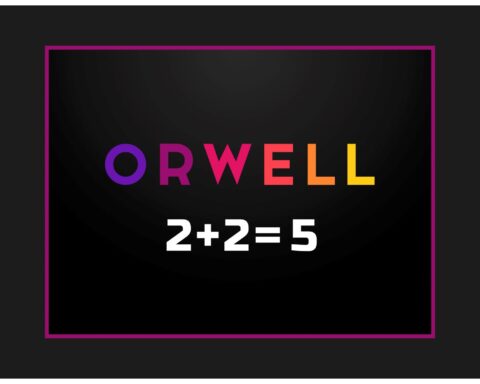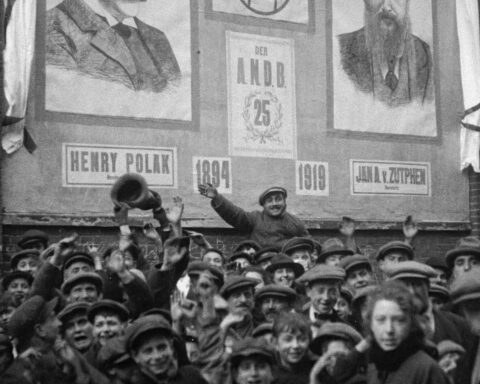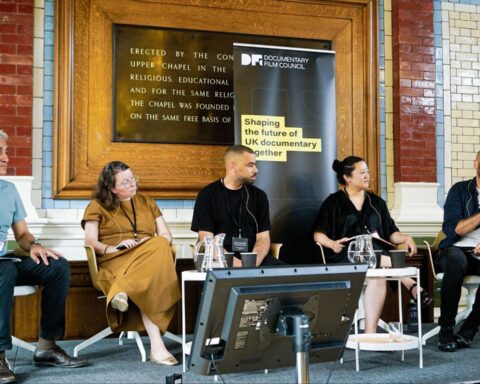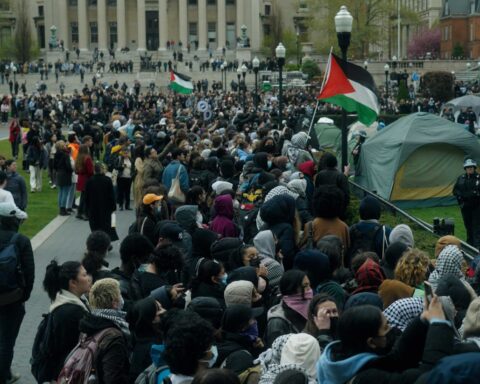The Viewing Booth
(Israel/US, )
Dir. Ra’anan Alexandrowicz
One of the smartest documentaries I’ve seen in years, The Viewing Booth is a visual and intellectual experiment that slowly but inevitably asks an important question: do we really see the same thing?
The set-up for the film couldn’t be simpler, making it piquant that so much can be derived from Alexandrowicz’s doc. A young woman, Maia Levy, enters a room in an American learning institution, where the Israeli director is sitting next to a massive computer. Ms. Levy is instructed to go to the next room, which turns out to be her viewing booth. Keeping the door ajar, she is given a context for the experiment in which she’s engaging. Alexandrowicz wants her unguarded opinions on short verité footage taken in Hebron, a Palestinian city occupied by the Israelis. Levy is invited to look at various shorts, some of which were shot by Israeli Defense Forces (IDF) while others were made by B’Tselem, a human rights organization in Israel.
Alexandrowicz, who keeps up a line of questioning while each observes these small docs, is clearly intrigued by Levy’s understanding of Israel and Palestine. She has spent time there with relatives and can understand Hebrew. Levy sees footage of rocks being thrown by a young mob and assumes that they are by Palestinians. When told that she is seeing angry Israelis, she adjusts her evaluation. But Levy isn’t doctrinaire. One can see that she is quite emotional and caring and not completely political. And, as she interprets short footage of a youngster being picked up and taken somewhat angrily away by a parent who is part of the military, there is deep confusion in Levy’s voice. What is she to make of the film and the questions being asked by Alexandrowicz?
In the second part of the film, Ms. Levy is invited back to revisit the footage she’d looked at earlier. Much of the focus is on a short “doc” in which a Palestinian family is awakened in the middle of the night by the IDF. The parents try to maintain their dignity while the military invades their house and looks through their possessions. The children are clearly terrified. Each side, the Israelis and the Palestinians, attempts to be polite while this is all taking place. After the IDF leaves, the children begin to cry. They and their parents have had their lives turned upside down by this raid.
Clearly shaken, Ms. Levy manages her emotions as she tries to interpret what happened. She questions, quite rightly, who has shot and edited the footage. She asks whether the possibility of shooting clandestine footage by a cell phone might have affected how this very loaded incident has played out. Ms. Levy even wonders why the children cried after the IDF left. Was this a phony propagandist piece made by the Palestinians?
Alexandrowicz has created a film with more questions than answers. It’s obvious that other people would have interpreted this rough footage quite differently. Many of us would have been horrified by this post-midnight incursion into a family’s life. But Levy’s interpretation could be right: perhaps this is manipulated footage.
Ra’anan Alexandrowicz has created a film that engenders many questions. How is it that we can view actuality footage so differently? Are images, like art, intended for our personal interpretation? In a culture so used to visual representation, can anyone ever be allowed an unguarded moment? How does politics affect how we look at things? Does knowing the backstory of the people being shot play a role when looking at a video or photo? Can we classify anything as the truth?
Alexandrowicz points out in the film that Ms. Levy’s responses to the footage she saw calls into question whether a social or political documentary can actually change anyone’s mind. Yes, this is a documentary that calls into question the form’s continued existence.
The Viewing Booth is a thoughtful film that deserves recognition. I endorse this film.
The Viewing Booth screens at Toronto’s Planet in Focus Environmental Film Festival* and at DOC NYC.




